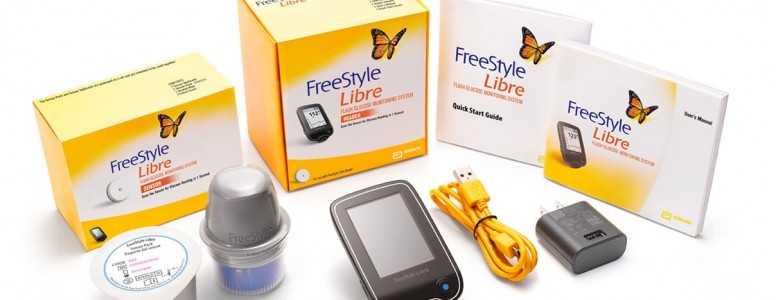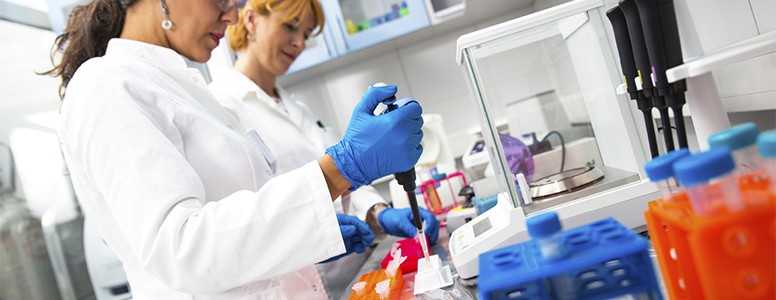The National Institute for Health and Clinical Excellence (NICE) has published a medtech innovation briefing (MIB) report on the Abbott FreeStyle Libre and asked leading healthcare professionals for their opinions on it.
The FreeStyle Libre is a flash glucose monitoring system. It works by measuring blood glucose levels via a sensor which is applied to the skin. The sensor continuously records glucose level measurements and these results can be accessed by scanning a handheld reader against the sensor. The device can therefore provide glucose level results without requiring finger-prick tests each time.
The briefing reviewed a number of factors, from the costs of the device, to performance in clinical trials and the opinions of four leading clinical experts.
The four clinical experts consulted were Dr Karen Anthony, Mrs Debbie Hicks, Dr Partha Kar and Dr Parth Narendran. All experts are familiar with the FreeStyle Libre through the use by their patients and one expert has had first-hand experience of using it.
“All four experts felt that this technology could offer benefits to patients,” said the report. The experts praised the non-invasive method of glucose monitoring, improved HbA1c levels among patients, and that the device helps those with hypo unawareness.
Although the experts agreed the Libre was helpful to people with diabetes, they all also stated that basic training should be given to healthcare professionals about how it works and the people who use them.
As part of the innovation briefing, NICE reviewed results from five recent research studies which involved use of the FreeStyle Libre in a total of 700 people.
The report summarised the results of the studies, stating: “The evidence suggests that using FreeStyle Libre for up to 12 months reduces time spent in hypoglycemia compared with self-monitoring of blood glucose using finger-prick tests, and reduces the average number of finger-prick blood glucose tests needed.”
The report is published online of the NICE website.
What's new on the forum? ⭐️
Get our free newsletters
Stay up to date with the latest news, research and breakthroughs.





